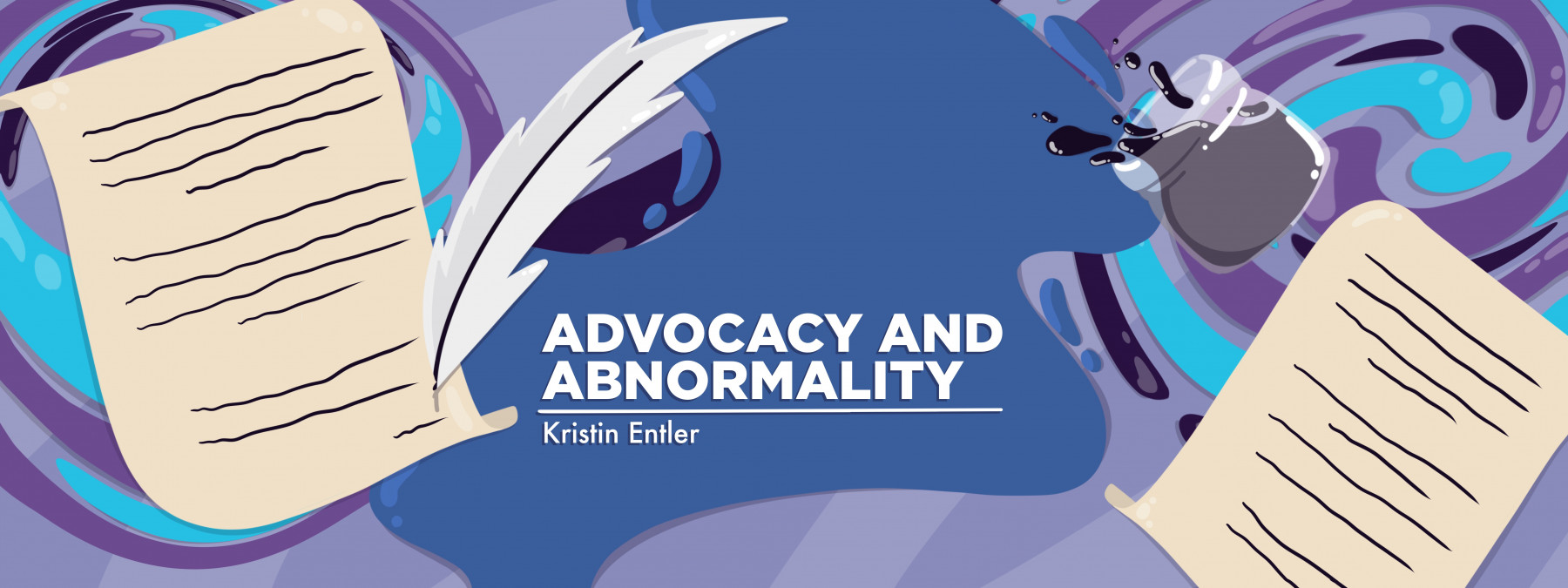My Disabilities Grant Me Accommodations, but Give Me Guilt
Written by |

While the world could be more accommodating to people with disabilities, I’ll admit I feel guilty that I’m allowed to register for my college classes 48 hours before my nondisabled peers.
This priority access is available to any disabled student, thanks to the Americans with Disabilities Act (ADA), which requires all institutions of higher education to have an office that’s dedicated to helping students remove barriers to access caused by their registered disability.
Registration for the upcoming semester of classes opens in batches according to grade level — freshman, sophomore, junior, senior, and graduate level. These batches unlock, quite literally, before the sun rises. Fifteen minutes before the hour the entire student body wakes up in their homes to the cacophony of alarms. It’s like a high-pressure race to the finish line to get into the class you want.
Because a lot of students end up vying for the same few classes, it’s easy to see how getting into one’s desired class becomes a sort of delicate battle of keystrokes that ultimately just ends up feeling like rolling the dice to see if your internet connection speed is faster than the next person’s before the class fills up.
Having access to priority registration has sure saved me a lot of stress. But it’s not a luxury for me. It’s actually quite useful to be able to make my selections early.
Living with multiple chronic illnesses means having to find a good balance to help me manage my responsibilities. I need a class schedule that allows me time to take care of my body so it can continue to function well enough to be able to attend classes at all. I need a class schedule that lets me get to clinics that only hold appointments during certain days and times. I also have medications and a treatment regimen I need to plan for. Having almost exclusive access to the class schedule certainly allows me to plan my own schedule around my disability.
And when I consider how much these accommodations for my disabilities make things easier for me, I realize that maybe they are a reason I’ve remained in academia for so long.
And yet, every semester I find myself dealing with guilt as I watch my friends fail to get a seat in a class they really wanted to take because the class filled up — and I’m one of the people who got in.
I could compose a list of reasons for why guilt is irrational. That it’s just a side effect of internalized ableism that itself is a side effect of the systemic problems that created the need for the ADA in the first place. But that doesn’t make the guilt go away, and it doesn’t make me not sign up early for the class.
I recognize the shame I carry about my disability, but I also recognize that the accommodations for my disabilities actually help me — that without them I’d be even worse off.
***
Note: Cystic Fibrosis News Today is strictly a news and information website about the disease. It does not provide medical advice, diagnosis, or treatment. This content is not intended to be a substitute for professional medical advice, diagnosis, or treatment. Always seek the advice of your physician or other qualified health provider with any questions you may have regarding a medical condition. Never disregard professional medical advice or delay in seeking it because of something you have read on this website. The opinions expressed in this column are not those of Cystic Fibrosis News Today, or its parent company, Bionews, and are intended to spark discussion about issues pertaining to cystic fibrosis.








Paul & Debbie
You explained it very well, Kristin. But there is a great way to never feel guilty about anything at all anymore. It is done in two simple steps that make you understand that causality doesn't work the way our mind thinks, and wil show you how to go beyond the "certainties" of your mind.
I explained it in my Sunday Morning column (34) that will appear soon in the Forum section.
Cheers,
Paul